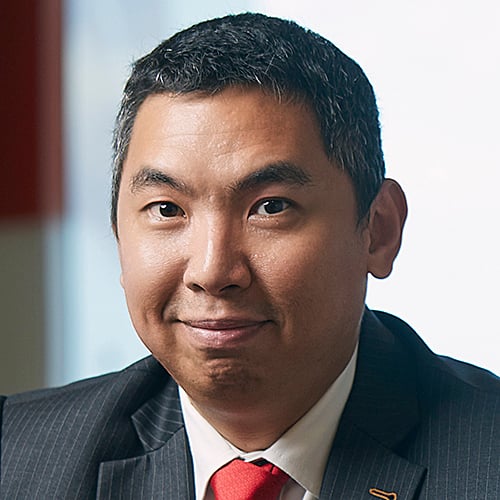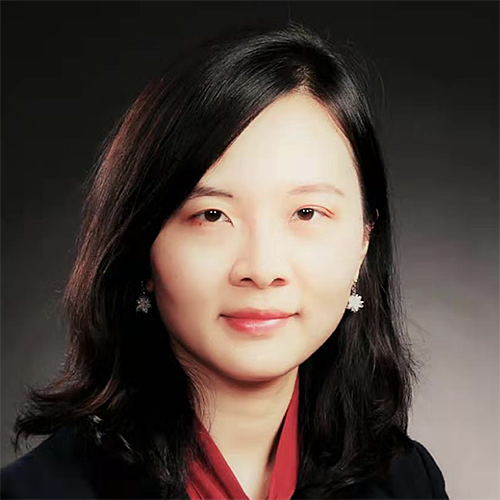
OneConnect, the fintech arm of the Ping An Group, is expanding its overseas business in Indonesia, prior to a potential IPO later in 2019.
The archipelago is viewed as an ideal market to benefit from the services offered by the enterprise. According to the Ping An Group, Indonesia, at around US$27 billion in 2018, is the largest and fastest-growing internet economy in Southeast Asia.
In a recent exclusive interview with The Asset, OneConnect’s chief growth officer, Emma Wang, shares her company’s future plans and the rationale behind their Indonesian strategy.
"Once we set up our Singapore office, we realized that Southeast Asian (SEA) markets, including Indonesia and Vietnam, share many similarities with the Chinese financial institutional market in the sense that they have a lot of data. Indonesia is very advanced in terms of mobile adoption. However, financial institutions are very traditional," says Wang.
Despite its huge potential, the country’s fintech industry continues to face various challenges. Large financial institutions are looking for ways to scale up their technological capabilities quickly, while small financial institutions struggle with a lack of funds, hampering their ability to reach potential customers and maximize business opportunities.
In February, Ping An OneConnect commenced its operations in Indonesia. The aim is to enable local banks and financial institutions to accelerate their efforts in the digitization of financial services and move towards a more inclusive financial industry.
According to Wang, OneConnect now has a number of clients in Indonesia and has already established relationships with some local banks, which still primarily rely on their physical branches for business expansion.
"Banks build and expand their business by setting up more branches. So, you can imagine the cost of serving customers is high. You have to think about how many customers you can serve. How efficient you can be largely depends on how many branches you build. But you can only be so fast, and no quicker," says Wang.
"The operational efficiency levels in Indonesia still have much room for improvement. The population is large. The cost of serving customers is generally high. There is considerable room to lower that with our technology," she adds.
A cutting-edge product developed by OneConnect is microexpression technology through which banks are able to detect fraud. A microexpression is a brief, involuntary facial expression that appears on a person's face according to his or her emotions. A machine can capture microexpression change and detect whether the applicant is telling the truth.
According to Wang, OneConnect will replicate in Indonesia its existing business models up and running in China by offering standardized solutions to scale up its business.
"We started with a lot of customization. As we scale up, we cannot afford too much customization. For our retail banking solutions, we now have more than 10 standardized solutions addressing their typical pain points," Wang says.









